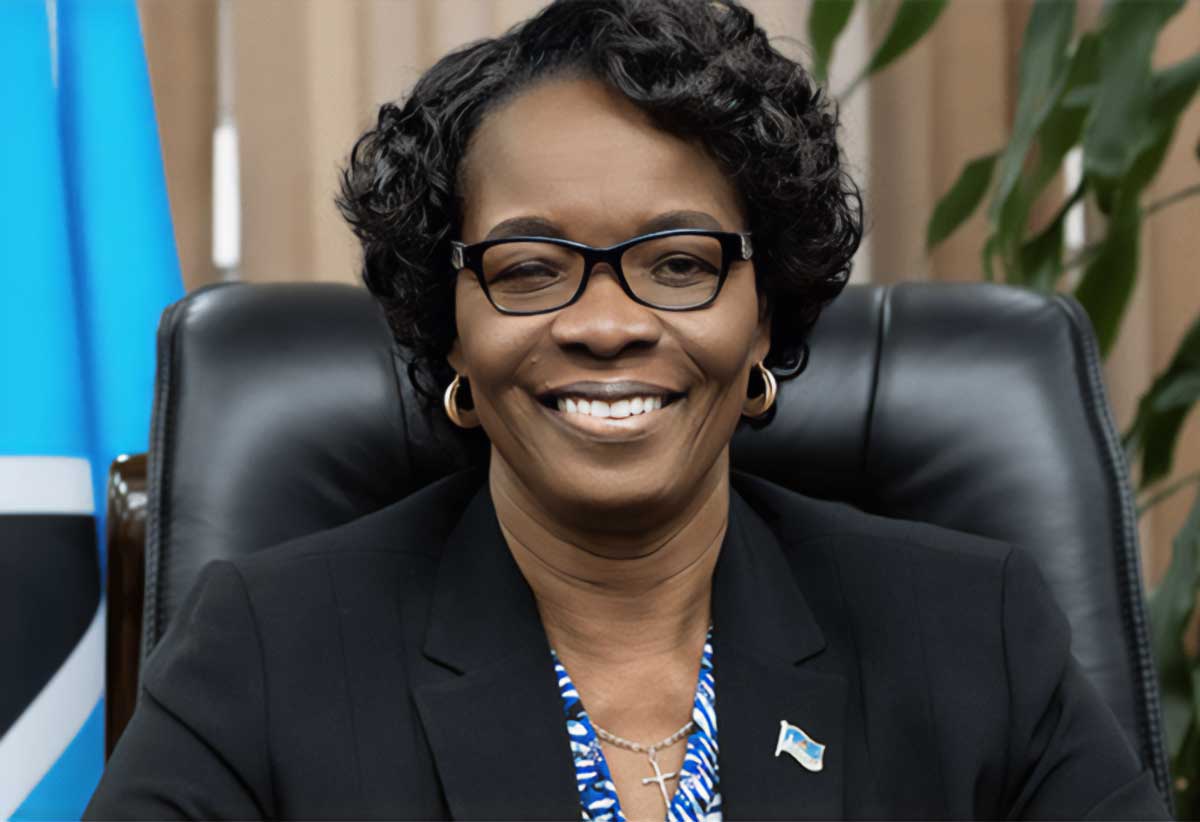
The Government of Saint Lucia is prioritising the enhancement of training and remuneration for caregivers, with a special emphasis on female caregivers, while simultaneously promoting male participation in this essential sector.
In a recent media briefing, Minister for Gender Relations Dr. Virginia Albert-Poyotte announced her involvement in the 66th session of the Presiding Officers of the Regional Conference on Women in Latin America and the Caribbean, heldheld in Santiago, Chile, from December 4 to 5.
Dr. Albert-Poyotte and Permanent Secretary for Gender Affairs and Labour Sheila Imbert represented Saint Lucia at the conference. The agenda featured a comprehensive examination of the Beijing Platform for Action, instituted at the 1995 United Nations World Conference for Women in Beijing, China, with the objective of attaining global gender equality.
“Our delegation successfully influenced the content of that crucial document,” said Dr. Albert-Poyotte.
As next year commemorates the 30th anniversary of its adoption, the minister emphasised Saint Lucia’s report detailing accomplishments in gender equality across many sectors, guaranteeing equitable treatment and remuneration for both men and women in the workforce.
Dr. Albert-Poyotte expressed her satisfaction with the conference results, especially with the pressing matter of care. “Care is being unduly feminized, predominantly involving women, particularly in elderly care,” she stated. “Currently, approximately 90% of caregivers in Saint Lucia are women.”
The minister enquired, as to whether the country is sufficiently compensating these women for their caregiving services, and whether they are obtaining the requisite training.
She affirmed the government’s commitment to resolving these issues comprehensively. “our census data indicates an ageing population; people are living longer, and we must ensure that adequate care and support systems are in place for our elderly citizens.”
Dr Albert-Poyotte noted that numerous elderly individuals, especially men, experience isolation or abandonment, as their offspring may be unavailable to provide care.
“These individuals often have no social security or financial resources and rely entirely on caregivers for support,” Dr Albert-Poyotte said.
The minister characterised the recent conference as fruitful and conveyed a commitment to execute the crucial decisions made.
She emphasised that the Ministry of Equity and Social Justice presently administers the Caregivers Programme, which employs more than 600 caregivers on the island.
At a recent graduation ceremony for caregivers, it was observed that 198 graduates attended, but notably, none were male. This disparity is significant, as the physical requirements of caregiving sometimes necessitate the strength that male caregivers can offer.
Dr. Albert-Poyotte emphasized, “we absolutely need men in the programme to ensure effective care for our elderly population.”
The Ministry of Equity is collaborating with the Ministry of Health to establish a comprehensive strategy for elderly care, underscoring the government’s steadfast commitment to this critical subject.
R.A













